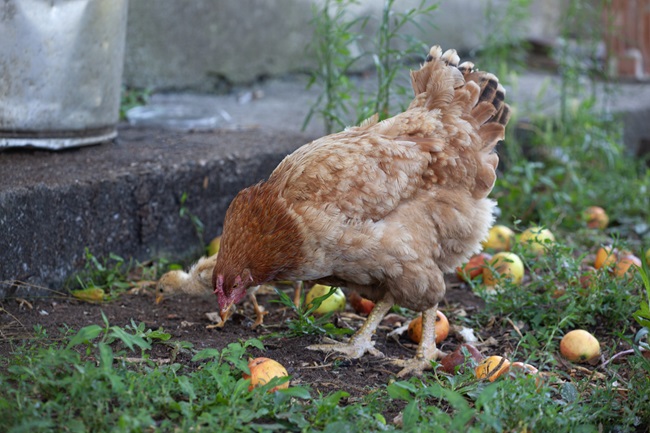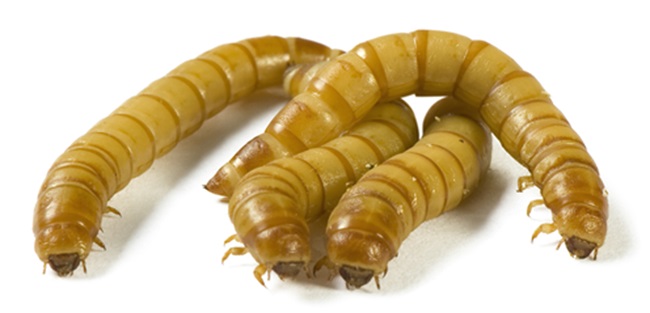Apr 13, 2025
Apr 13, 2025
Have you ever found yourself staring at the Styrofoam cup holding your steaming cup of coffee and thought, "I wish there was a tiny creature that could just munch on this and make it disappear?" No? Well, let's change that.
As we bask in the conveniences of our modern world, one thing that sticks out, quite literally, is our plastic problem. It's in our seas, it's in our landfills, and it's even floating around in our bellies. By 2040, we're on track to be flinging a staggering 29 million metric tonnes of the stuff into the ocean each year. That's roughly equivalent to five thousand Eiffel Towers worth of plastic. Picture that for a moment, and let the insanity sink in.
But fear not, humanity! In our direst hour, help has arrived, and it comes in the tiniest, unlikeliest of packages – mealworms.
Now, I know what you're thinking. "Mealworms? Those squirmy little things that chickens gobble up. You've got to be kidding me!" Bear with me and brace yourself for some mind-blowing science.

These seemingly inconspicuous creatures harbor an entourage of microscopic bacteria in their guts that secrete enzymes capable of breaking down plastic. That's right, folks. These minuscule critters are literally pooping out a solution to our plastic problem.
When mealworms feast on polystyrene (the infamous material in our beloved Styrofoam and packaging), they excrete half a liter of carbon dioxide. Picture 3,000 of these little warriors gnawing at your Styrofoam coffee cup, and in just one week, presto! The cup has vanished!

But don't start chucking your plastic waste at the nearest mealworm just yet. After all, we wouldn't want to spark a global mealworm obesity crisis, now, would we?
While the thought of an army of mealworms tackling our plastic problem is appealing, it should also prompt us to ask some tough questions. Like, why have we allowed our plastic addiction to reach such dire proportions? Do we really want to entrust our recycling to a creature smaller than our pinky finger?
And, more importantly, shouldn't we be focusing more on reducing our plastic consumption in the first place? Are we content to let the burden of our wastefulness fall on the tiny, wriggly shoulders of the humble mealworm?
In this epic battle against plastic pollution, will we rise to the occasion, or will we remain bystanders, cheering on our mealworm champions from the sidelines? The choice, dear reader, is in our hands.
So next time you find yourself nursing a cup of coffee in a Styrofoam cup, remember there's a mealworm out there that could turn that cup into, well, poop. And if that doesn't make you reconsider your choices, I don't know what will.
06-Jul-2024
More by : P. Mohan Chandran